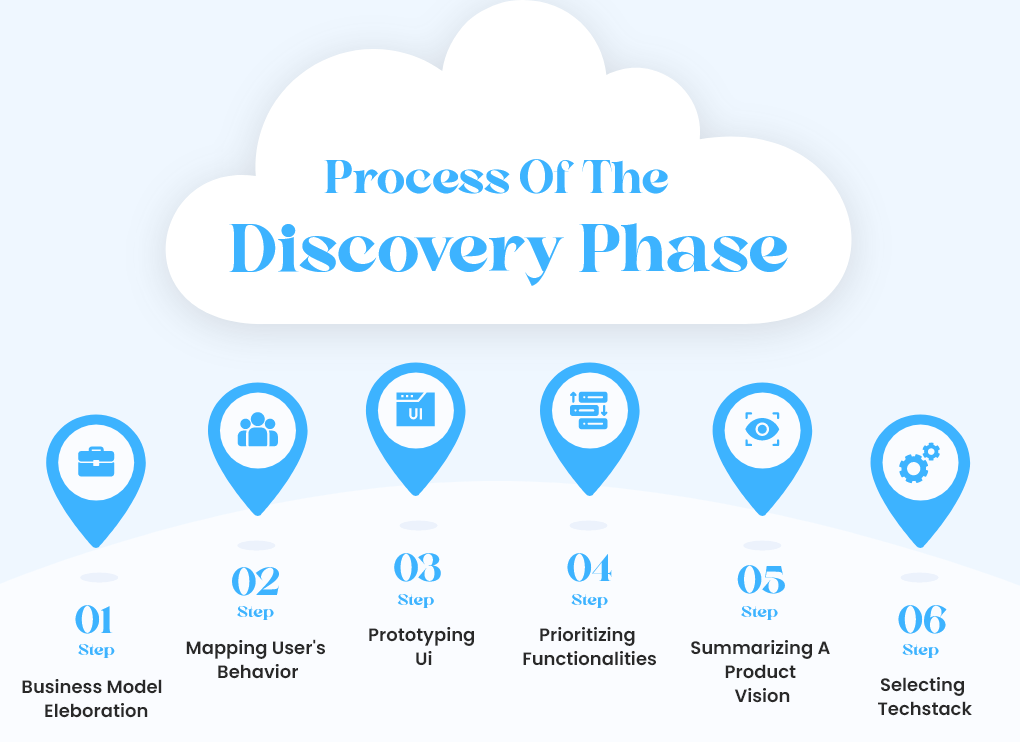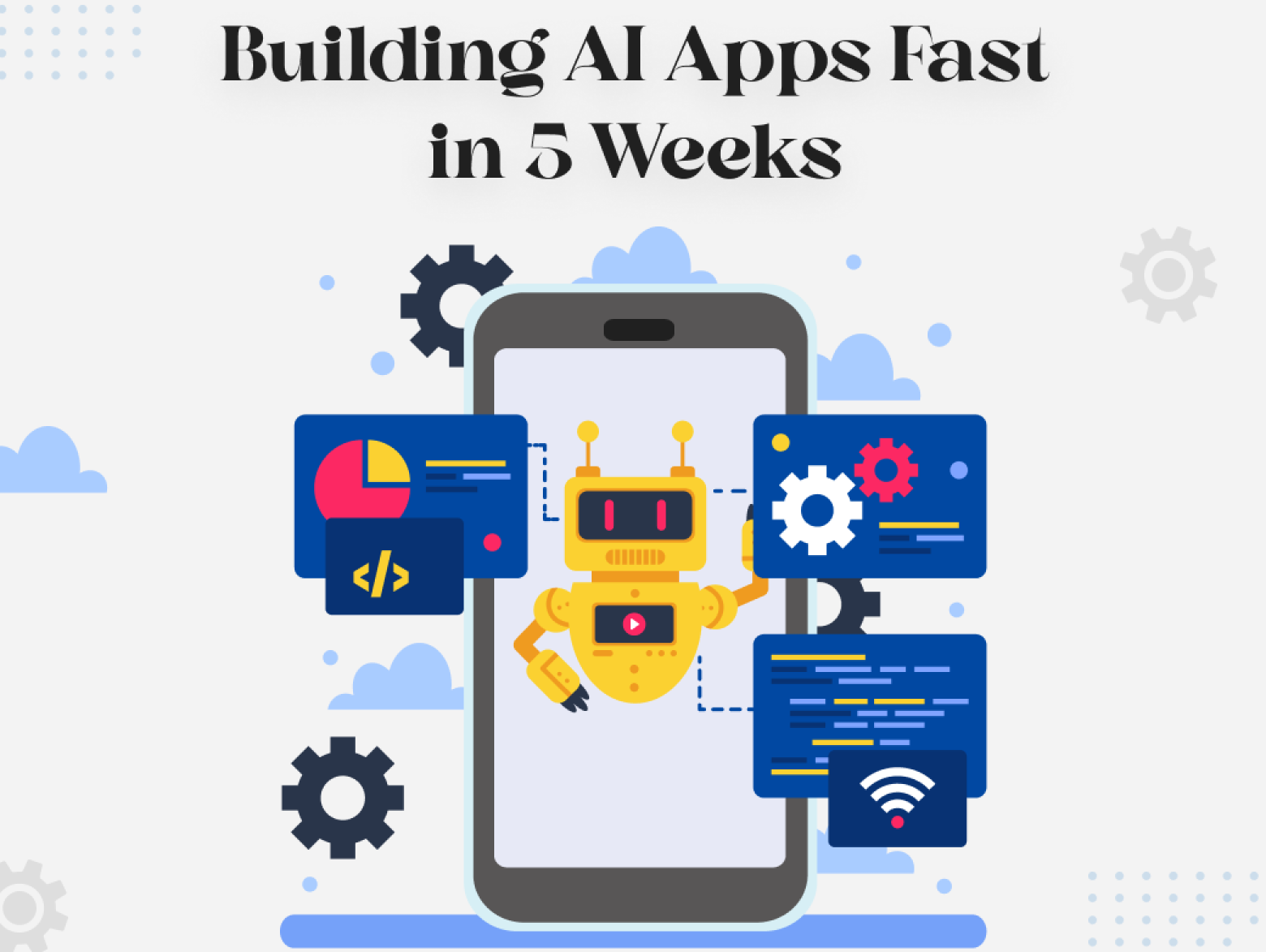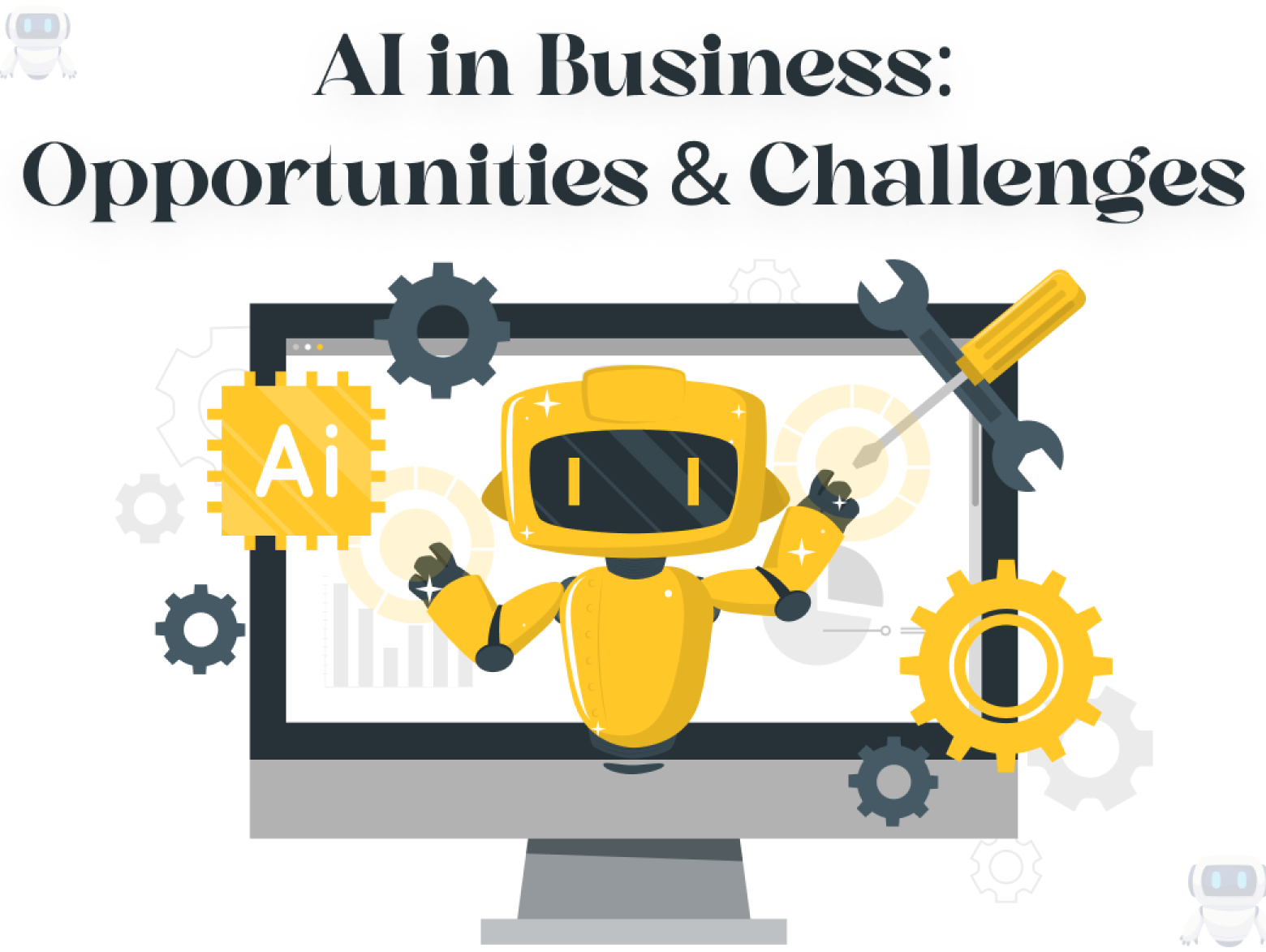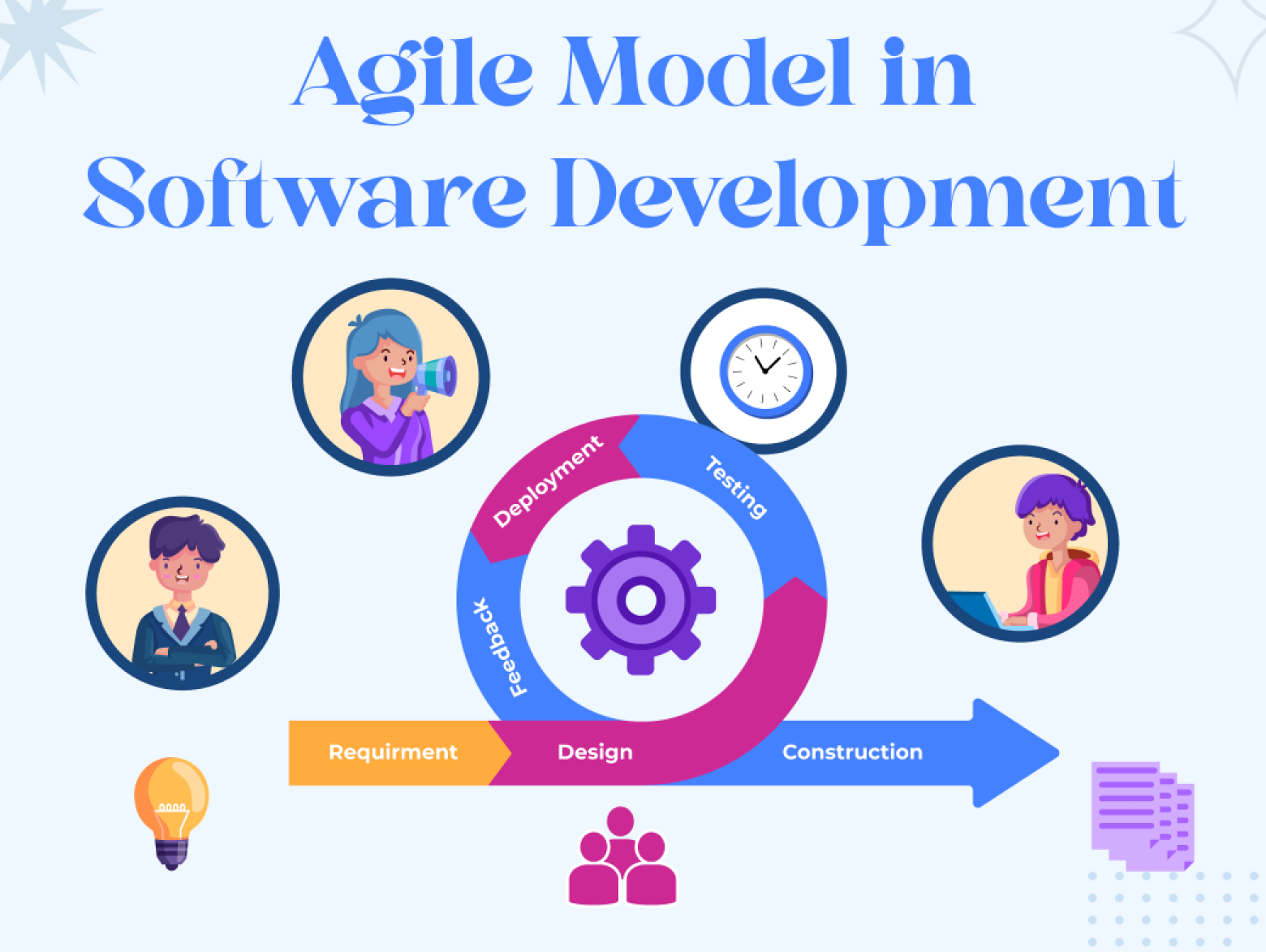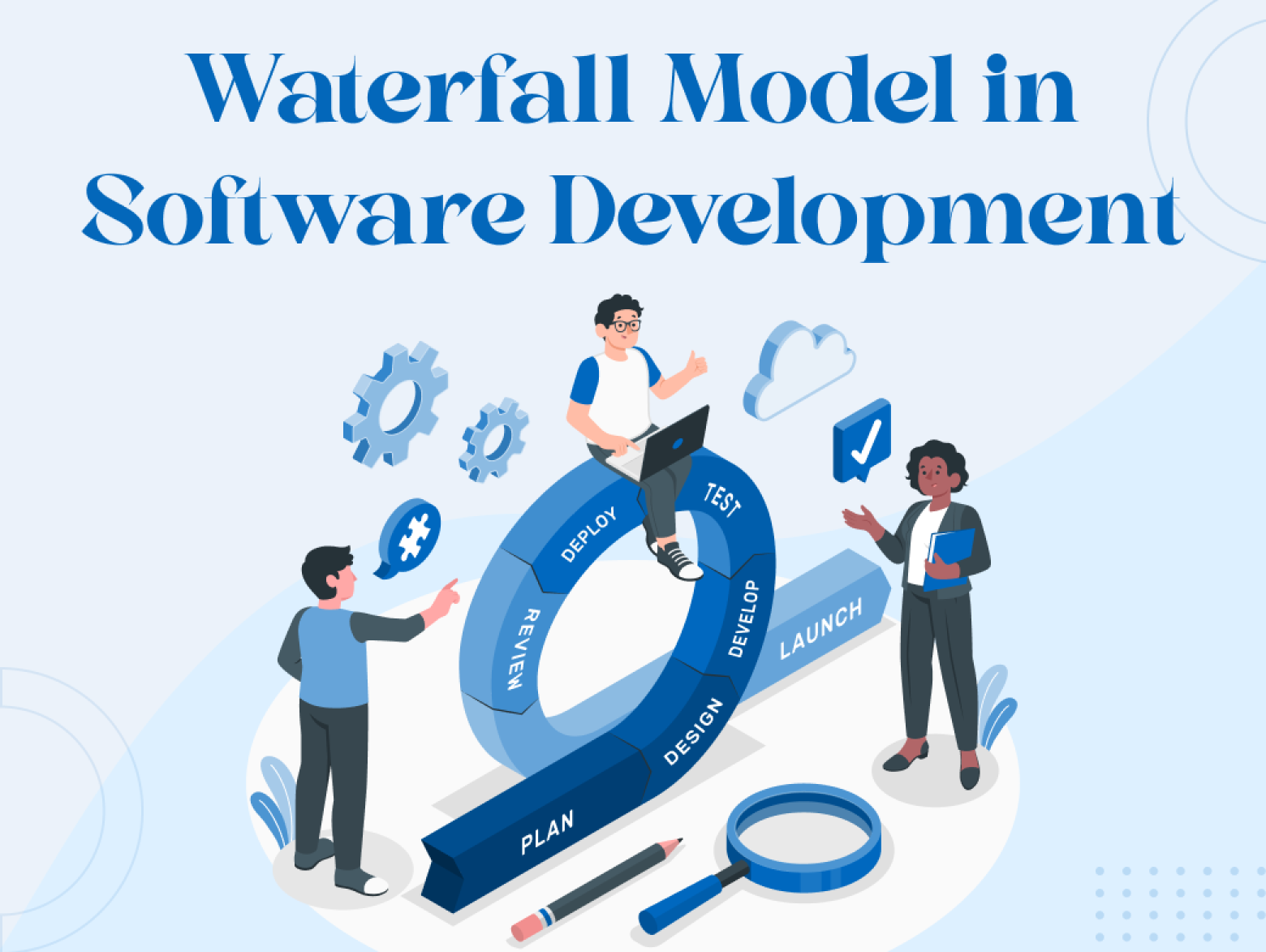Discovery Phase in Software Development: Why It’s a Game-Changer for Your Project
The discovery phase in software development is the most important starting point when planning any digital solution. It sets the foundation by identifying project goals, user needs, and the right technical path to take. At this stage, the team defines the product scope, estimates cost, and evaluates feasibility. This is where you shape your idea into a structured plan that works.
As your long-term tech partner, we specialize in business and enterprise solutions. Through our proven software planning process, we help businesses move confidently from vision to execution—starting right from the business discovery phase. Whether you’re launching a new app, scaling an existing platform, or revamping internal systems, we guide you every step of the way.
Purpose of the Discovery Phase in Software Development
The discovery phase in software development helps detect potential risks early, minimize costs, and define clear project expectations. It’s far cheaper to fix a flaw in planning than during development. Here’s why it’s essential:
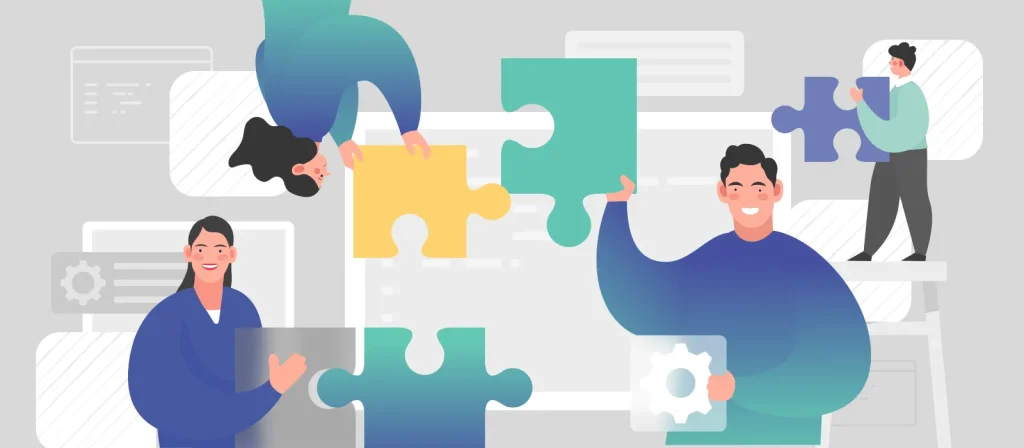
- Define business goals and user needs
- Establish a clear product architecture
- Optimize development budget
- Mitigate risks
- Build a roadmap that guides the full project lifecycle
This is where software planning meets strategic thinking.
What Happens in the Business Discovery Phase?
The business discovery phase involves collaboration between stakeholders, designers, and tech experts to align the product vision with real-world demands. Business analysts assess market needs, project managers sync client and team communication, and UX/UI designers bring structure to user experiences.
At the technical level, CTOs and engineers assess technical feasibility, select the best tech stack, and ensure everything scales. This complete alignment keeps projects efficient and purposeful.
Main Stages of Discovery Phase in Software Development
Each project goes through key phases in the discovery phase in software development. These include:
Market Analysis
Researching the industry, user needs, and competitors to shape your unique value.
Product Ideation
Brainstorming concepts and potential solutions, often via wireframes or mockups.
Requirements Gathering
Collecting input from users and stakeholders to understand technical and functional needs.
Feasibility Study
Evaluating if the product idea can be developed within budget, time, and tech limitations.
Proof of Concept (POC)
Creating a working model or prototype to validate that the solution is realistic.
Risk Assessment
Identifying and solving possible development or launch issues before they arise.
Project Planning
Building a solid timeline, assigning responsibilities, and allocating resources.
Documentation and Proposal
Finalizing plans into actionable documents including tech suggestions, budget breakdown, and timelines.
Contract Signing
Kicking off development with a clear understanding and mutual agreement.
These stages form the heart of effective software planning, reducing uncertainties and building confidence in project execution.
When to Opt for the Business Discovery Phase
The business discovery phase is beneficial in several scenarios:
- Fundraising: A detailed discovery report increases credibility with investors.
- New Product Development: It helps develop complete strategies from scratch.
- Product Scaling: Enables smart decisions when growing a user base or adding new features.
If you’re starting a new product or transforming your existing system, this phase lays the groundwork for scalable growth.
Benefits of the Discovery Phase in Software Development
Here’s what you gain when you invest in this planning stage:
Shared Understanding
Keeps everyone—from stakeholders to developers—on the same page using prototypes and structured feedback.
Comprehensive Insights
Detailed tech documentation supports clearer decisions and better vendor comparison.
Reduced Risks
With validated assumptions and market insights, you minimize errors and surprises.
Better Budgeting
Early budget planning avoids mid-project financial strain.

Faster Feedback
With visual mockups and beta testing, stakeholders can approve features early and shape the end result.
Every step of the discovery phase in software development connects directly to long-term success. It ensures your software planning is smart, cost-effective, and user-focused.
Final Thoughts
The discovery phase in software development is essential for building strong foundations, reducing risks, and aligning product goals with business needs. It plays a vital role in shaping a clear path for development and sets the stage for efficient MVP development. By identifying key features and validating assumptions early, the discovery phase helps teams build market-ready products faster and with greater confidence.

